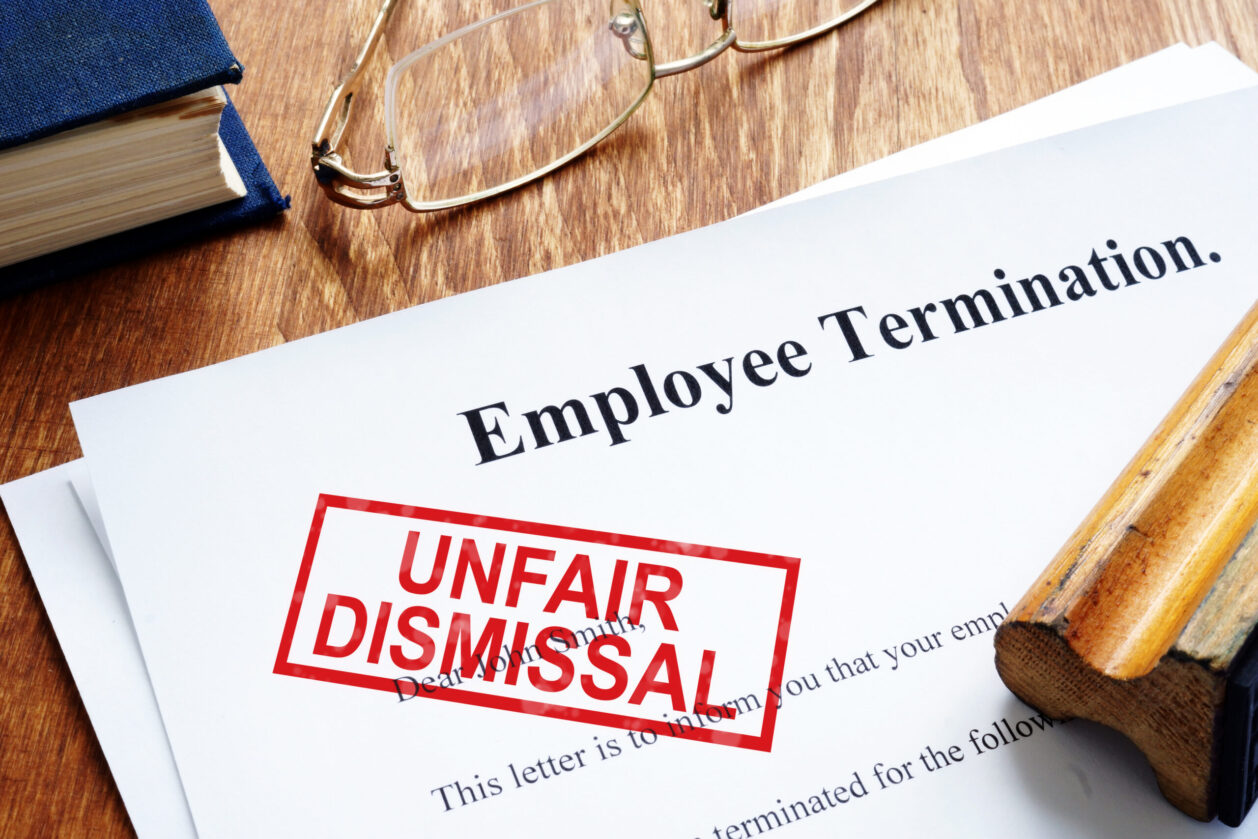Mental health case summary: no evidence that mental illness caused poor performance
In State of Victoria (Office of Public Prosecutions) v Grant, a Full Bench of the Federal Court (FCA) found the Office of Public Prosecutions (OPP) had not engaged in adverse action against the applicant by terminating his services after he had advised the OPP he was suffering from a mental illness.
The FCA case was an appeal being heard after the Federal Circuit Court found the applicant’s employment had been terminated due to mental illness he had disclosed to his employer. At first instance, the applicant was awarded compensation of $93,750 and the court imposed a penalty of $10,000 on the OPP.
The applicant was engaged by the OPP as a solicitor since 2007 and during the first three years he performed to a satisfactory standard.
As a solicitor for the OPP, two of the applicant’s main functions were to prepare matters for trial and brief counsel on matters in which counsel had been instructed to appear.
After breaking his leg in 2010 his work attendance was sporadic due to having to attend various medical appointments.
Recovery was further hampered by medical complications. His attendance continued to be poor until the beginning of 2012. His inconsistent attendance at work severely affected his ability to prepare matters for trial. In January 2012 his supervisor requested him to provide medical evidence about his ongoing health issues.
At the time this request was made, the OPP was not aware that the applicant suffered from depression and an anxiety disorder.
On the recommendation of his general practitioner, the applicant informed his supervisor and the Human Resources Manager at the OPP he was suffering from depression.
In late February 2012, the OPP wrote to the applicant as follows:
- Commencement times and general attendance were unacceptable.
- Performance (particularly the standard of his prosecution files) was inadequate.
- The OPP was aware the applicant disclosed a ‘medical condition’ to members of staff but to date no medical evidence had been provided to the OPP.
- Regardless of the cause of the unsatisfactory performance, the OPP claimed he was incapable of performing his role as solicitor and was directed to take a period of leave with pay.
Subsequently, the applicant provided the OPP with a medical report stating he suffered from depression and an anxiety disorder and the effects were exacerbated by an excessive consumption of alcohol.
Following an investigation into the applicant’s performance and failure to act in accordance with lawful and reasonable instructions, several allegations were made against him.
An investigation into the allegations was conducted and the applicant provided the OPP with his responses.
The OPP found the allegations had been substantiated on the evidence and the applicant’s services were terminated.
In determining whether the applicant’s disclosure of his mental illness provided the impetus for the termination, the FCA’s central consideration is why the adverse action (i.e. the termination) was taken?
In determining such a question, a court must have regard to all of the facts established by the evidence and the reasons relating to those facts that motivated the decision maker. The state of mind of the decision maker is paramount.
The FCA found that the OPP did not engage in adverse action against the applicant on the following bases:
- There was nothing in the applicant’s medical report that identified a causal link between the effects of his condition and the incidence of misconduct that were able to be proved by the
- During the investigation, the applicant was afforded the opportunity to provide the OPP with additional medical evidence of his condition or other mitigating circumstances that may explain his poor performance, but failed to do
- During the period of his employment (and prior to the medical report of his treating doctor being provided to the OPP) the applicant never informed his supervisor that he had difficulty in meeting deadlines; for example, in relation to the filing of documentation for an impending
- The applicant never informed the OPP that his judgement was impaired because of his
[State of Victoria (Office of Public Prosecutions) v Grant [2014]FCAFC 184 (23 December 2014)]






